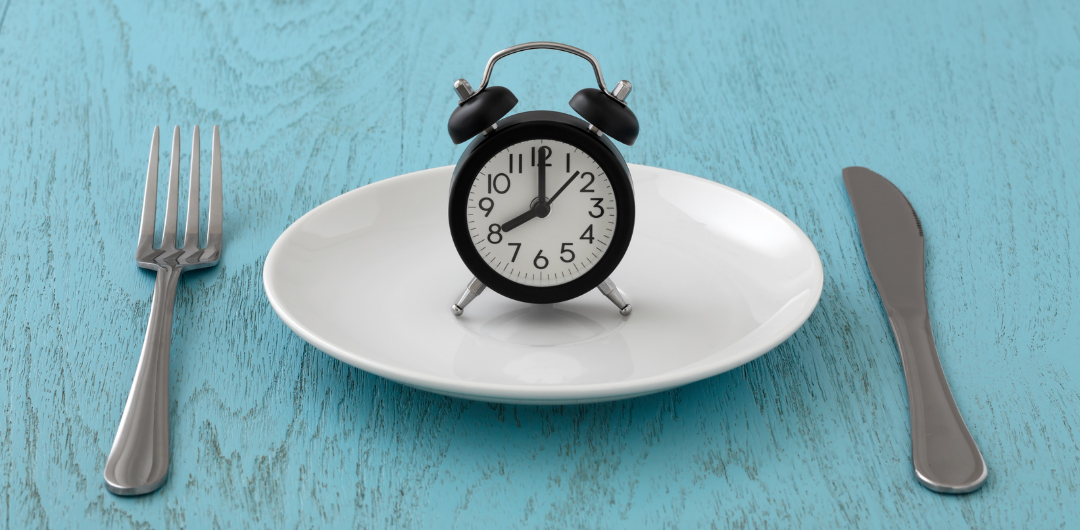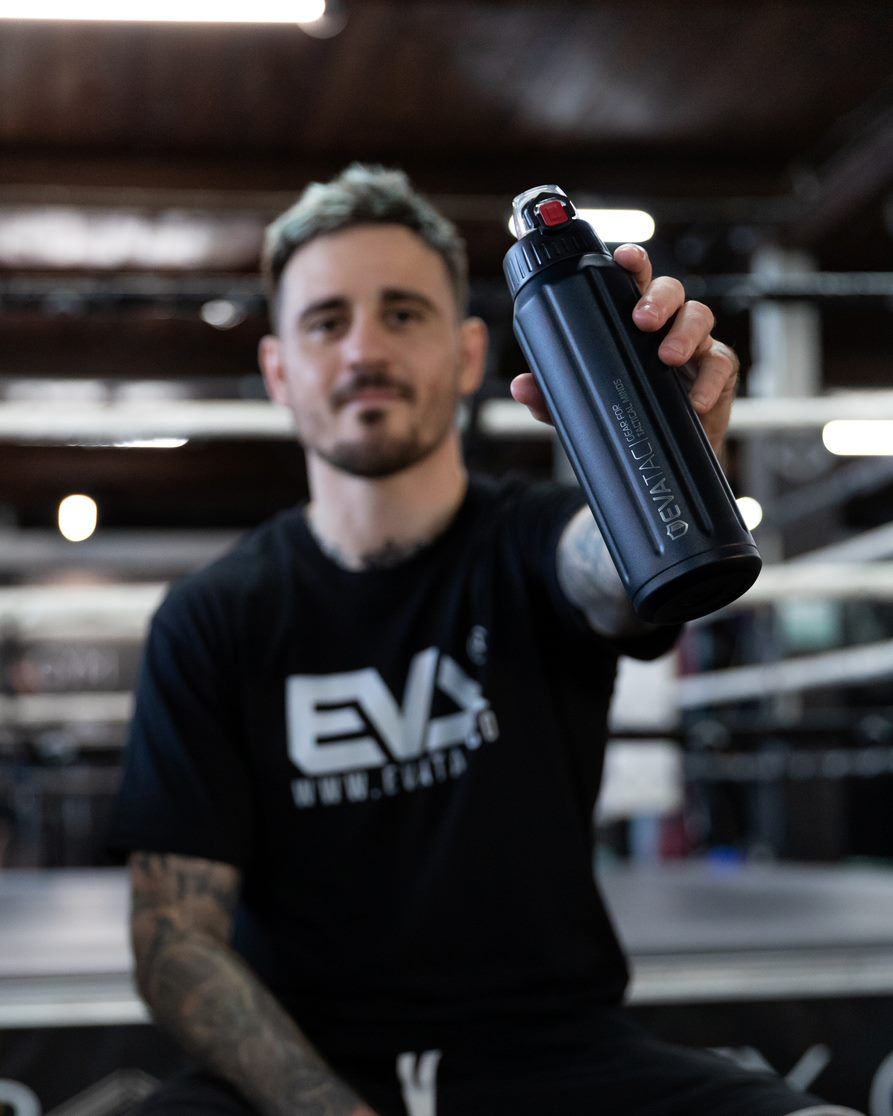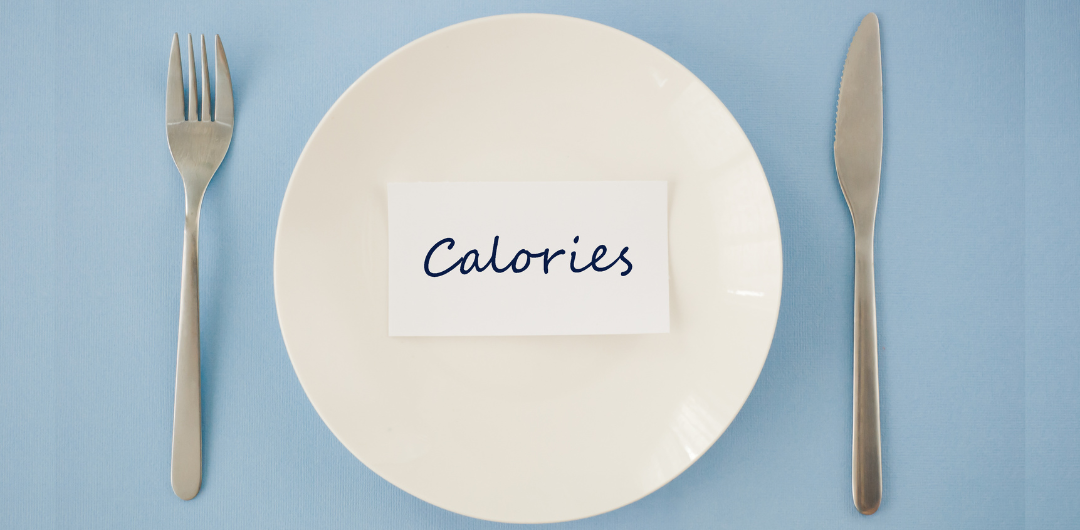
How Long Does it Take for 16/8 Intermittent Fasting to Work?
Intermittent fasting (IF) has gained popularity recently as a weight loss method. It involves fasting schedules for extended periods, restricting calories, and eating fewer calories within a set window.
The popularity of IF can be attributed to its simplicity and flexibility. It doesn't require special foods or supplements and can be easily incorporated into a person's daily routine.
How 16/8 Intermittent Fasting Works
The 16/8 intermittent fasting method is a popular way of fasting that involves an alternate day of intermittent fasting work limiting your food intake and calorie intake to an 8-hour window. It is also known as the Leangains method, as Martin Berkhan popularized it.
During the 8-hour eating window, people can consume two to three meals, with snacks in between if needed. During the 16-hour fasting period, only water, unsweetened tea, or black coffee are allowed.
The Benefits of 16/8 Intermittent Fasting
The 16/8 intermittent fasting method has become increasingly popular due to its various potential health benefits, such as follows:
Weight Loss
By an intermittent fasting pattern, the body has fewer opportunities to consume calories, leading to fat burning and a calorie deficit that promotes weight loss. Additionally, intermittent fasting has been shown to improve insulin sensitivity, burn fat, lower blood sugar levels, and decrease inflammation, which can positively impact overall heart health too.

Improved Brain Function and Cognitive Performance
Fasting can increase the production of brain-derived neurotrophic factor (BDNF), a protein that supports the growth and survival of neurons in the brain. Higher levels of BDNF have been associated with improved memory and learning and a reduced risk of neurological disorders such chronic diseases as Alzheimer's and Parkinson's disease.
Supports Cellular Repair
During fasting, the body goes into a state of autophagy, which is the process of breaking down and recycling old or damaged cells. This process helps to remove toxins and promote cellular regeneration, which can have anti-aging effects and improve overall health and well-being in healthy adults.
It is important to note, however, that the intermittent fasting plan may not be appropriate for everyone, and individuals with underlying health conditions should consult with a healthcare provider before beginning this or any other dietary regimen.
How Long Does It Take To See Results?
Many wonder how long it takes to see results in losing weight, from 16/8 intermittent fasting. It depends on several factors, including the individual's body composition, starting weight and eating habits. For example, someone significantly overweight and consuming a lot of processed foods may see results within the first few days or week they begin intermittent fasting.
However, for someone who is already at a healthy body weight and eats a balanced diet, it may take longer to see results.
Generally, it can take weeks to months to see results. This is because the body needs time to adjust to the new eating pattern and metabolic. In addition, the body will begin to use stored fat for energy, which can lead to significant weight loss and body fat loss.
In addition to the physical benefits of intermittent fast, many people report feeling more in control of their eating habits and having a healthier relationship with food after starting 16/8 intermittent fasting.
By setting a strict eating schedule for window, they are less likely to snack throughout their eating periods of the day and can focus on consuming nutrient-dense foods during their eating only period of time.
While results may vary from person to person, 16/8 intermittent fasting can be an effective and sustainable way to improve health and achieve weight loss goals.
Common Mistakes and How to Avoid Them
While it can be an effective way to improve overall metabolic health and lose weight, people make common mistakes when starting this type of fasting. Here are some of the most common mistakes and how to avoid them.
-
Not drinking enough water during the fasting period: During the fasting period, it is essential to stay hydrated. Many people make the mistake of not drinking enough water, leading to dehydration and other health problems. Drink at least eight glasses of water daily to keep your body hydrated and healthy.
Sometimes it helps to have a high quality thermos to keep you motivated to drink water. Check out the EVATAC Stainless Steel Thermos.

-
Overeating during the feeding period: Many people make the mistake of overeating during the feeding window, which can lead to weight gain and other health problems. To avoid this, eat healthy, nutrient-dense foods during your feeding period and listen to your body's hunger cues to avoid overeating.
Some people like to consume protein shakes during their eating window. If you would like to try that, you can also check out the EVATAC Protein Shaker Bottle.

-
Not getting enough sleep: Sleep is essential for overall health and well-being, and not getting enough sleep can harm your fasting results. Lack of sleep can increase hunger and cravings. Aim for at least 7-8 hours of sleep each night.
-
Not tracking progress: It can be challenging to determine whether intermittent fasting works for you if you are not tracking your progress. This can lead to frustration and a lack of motivation to continue with the fasting schedule.
Keep a journal of your progress, including weight, measurements, and how you feel overall. This will help you see your progress and stay motivated to continue.
-
Starting too fast: Intermittent fasting is not for everyone, and it is essential to start slowly and gradually build up to more extended fasting periods. Starting too fast can lead to hunger, fatigue, and other health problems. To avoid this, start with shorter fasting periods, such as 12-14 hours, and gradually increase the fasting period as your body adjusts.
It is crucial to avoid common mistakes to be healthy and achieve the best healthy weight and intermittent fasting results. By staying hydrated, eating nutrient-dense foods, getting enough sleep, and tracking progress, you can reap the weight loss benefits of intermittent fasting and achieve your health goals.
Final Thoughts: Can I Lose Weight Through Intermittent Fasting?
16/8 intermittent fasting is a popular and effective way to lose weight, lower blood sugar, lower the risk of heart disease, improve overall health for overweight women and men.
While it is important to remember that results may vary, many individuals have reported noticeable changes in weight, blood pressure, and other health markers within a few weeks.
It is essential to avoid common mistakes, such as overeating during the feeding window or neglecting to stay properly hydrated, to maximize the benefits of 16/8 intermittent fasting.
Following the tips outlined in this article and remaining consistent in their intermittent fasting schedule healthy lifestyle, eating patterns and routine, individuals can reap the many benefits of 16/8% intermittent fasting schedules for long-term health and wellness.





Leave a comment
This site is protected by reCAPTCHA and the Google Privacy Policy and Terms of Service apply.